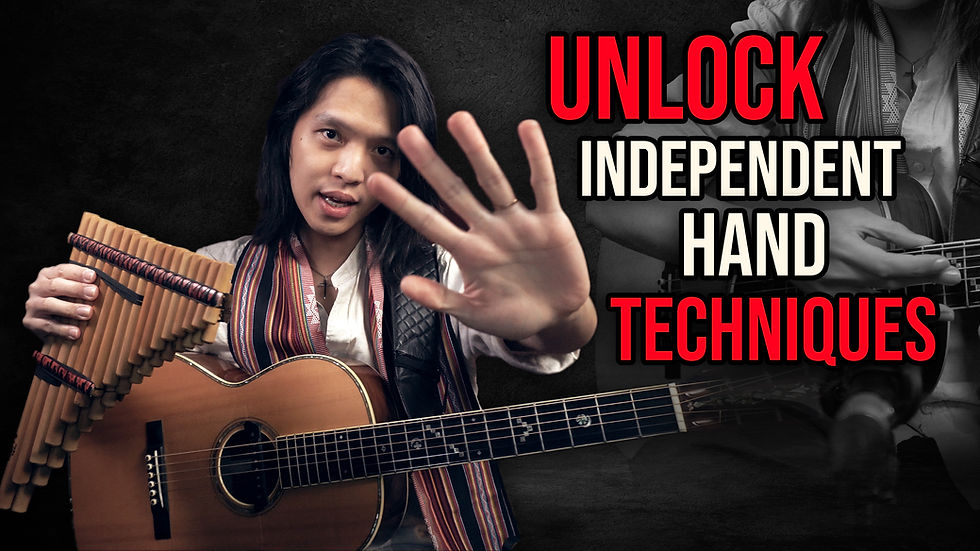How to be a Comprehensive Musician
- Neil Chan

- Apr 8, 2022
- 2 min read
‘Musicking’
What does it mean to be a musician? For that matter, what does it mean to make music?
Is it simply to play a song on a guitar, or to sing a song? Sure, these activities are part of what it means to be a musician or to make music. However, playing or singing a song doesn’t encompass the entire ecosystem of skills and processes involved in being a comprehensive musician.
What makes a Comprehensive Musician?
The music making process involves not only the physical act of creating music as an aural sensation, but everything from its formulation in your mind up until to the ears of your listeners. This means that to be a comprehensive musician, on top of your direct musical skills you also need to actively develop your skills in communicating about music, marketing your music, teaching your music, and cultivating a music community.
Sounds like a lot? Well it is! But it’s not too much to handle if you love music and have the intrinsic motivation to excel at it. The best part is, you don’t have to develop each of these skills separately - you can practise all of them simultaneously!
The Band Assignment
A great illustration of how the many aspects of being a comprehensive musician come together in one activity is the band assignment. This is described by Huib Schippers in his wonderful book ‘Facing The Music: Shaping Music Education from a Global Perspective’.
Imagine you are in a band. Your assignment is to compose a song, notate it, learn to play it, teach it to your fellow bandmates, perform it live, record it, register it with a copyright organization, and market it through social media.
In one assignment like this, you would have covered nine core musicianship skills: technique, repertoire, composition, arranging, theory, teaching skills, recording skills, performing skills, and business skills. Not a bad deal!
Be a Musician, Not a Guitarist (or Other Instrumentalist)
Make your goal to be a musician, not just a guitarist (or insert the instrument you play). The best part is, as you learn each of these separate skills, they begin to complement one another in unexpected ways.
Preparing for a recording session refines your technique and arrangement skills, understanding how to market yourself improves your stage presence, and learning how to teach helps you internalize theory and composition skills.
Learning music is an exciting and enjoyable journey, and I hope you actively embrace all aspects of it! Let’s share a bit of our musical journeys with each other. Leave a note in the comments below sharing which musicianship skill you are best at, and which one you need to work more on. I look forward to hearing from you!
Until next time, I’ll see you again.
By Neil Chan
--
The ideas and contents of this post are inspired by the book 'Facing The Music' by Huib Schippers.

.png)




Comments